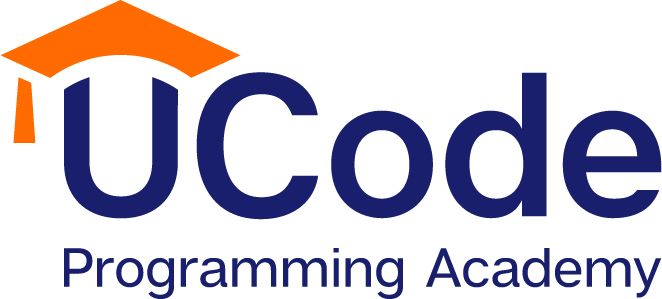We are about mid way through the digitization of the United States economy. The rest of the world follows. Tremendous wealth has been created by technology companies that we are all familiar with and new ones are emerging every quarter. Technology is an ever larger and larger share of our personal lives and the workplace and has brought numerous advantages. Modern software is creating more efficient cities, manipulating big data for better decision-making, and developing a sharing economy that benefits both users and providers.
Reshaping Every Industry and Profession.
However, the prevalence of technology is not without negative effects. Society is divided along political, moral and generational lines and the distribution of income and opportunity continues to trend towards greater inequality. Public schools in most countries do not have the resources necessary to address the problem and it falls to parents to make sure that their students have the skills they need to succeed.
Reshaping Every Industry and Profession.
Teaching your child to code is not going to address issues of inequality. However, as we continue to transition to a digital economy, students who have an understanding of and ability to use advanced technologies. And it’s not just future computer programmers and coders who will need these skills as technology is reshaping every industry and profession. Doctors are using robotics to deliver the most innovative surgeries and procedures. Musicians and visual artists rely on digital tools for their creative works. Work in the financial sectors, sales, marketing, agriculture, and public service increasingly require an in-depth understanding of how technology works and how it helps deliver the products and services that move the global economy forward.
Which brings us to this blog. If you are here you are either a student who wishes to shape their own future or a parent who wants to know how to get their student started. This blog addresses both needs. We cover the questions that we are commonly asked by parents and students who are new to coding - which is most parents and students.
UCode has been teaching kids to code since 2009, making us one of the oldest resources in our industry. Our curriculum is regarded as among the best in the world, having been developed and proven with tens of thousands of students across the globe. Along the way we have spoken with many parents who, like you, recognize the importance of coding and computational thinking but have questions. Important questions.
You Learn to Code by Coding
One of Dr.Millogo’s and my personal frustrations is the number of parents who are fooled into believing that a one week camp or a course based on playing Minecraft is going to teach their kids to code. Can you learn to play the piano well at a five day camp? Probably not. Music is a good analogy as learning to write clean code is very similar to learning to play an instrument. You learn to play the piano or bass by practicing. You learn to code by coding. There are some foundation concepts in coding that are important, but reaching a level of proficiency takes practice.
You Learn to Code by Coding
One of Dr.Millogo’s and my personal frustrations is the number of parents who are fooled into believing that a one week camp or a course based on playing Minecraft is going to teach their kids to code. Can you learn to play the piano well at a five day camp? Probably not. Music is a good analogy as learning to write clean code is very similar to learning to play an instrument. You learn to play the piano or bass by practicing. You learn to code by coding. There are some foundation concepts in coding that are important, but reaching a level of proficiency takes practice.
Coding is like a foreign language that the global economy speaks, and to understand it will give today’s young people the power to change the world as they leave school and enter adulthood. As technology becomes a larger and larger part of our everyday lives, the world needs a thriving pipeline of students who can code and use the advanced technologies across all industries and professions.
Emerging technologies like Large Language Models (LLM’s), Artificial Intelligence and Machine Learning are creating more demand for higher level computational skills. While applications like ChatGpt and Bard can and do facilitate writing, debugging and testing code it still requires human input. They are in many ways raising the bar, meaning that low level programming skills are less valuable, while higher order skills have become far more valuable.
Emerging technologies like Large Language Models (LLM’s), Artificial Intelligence and Machine Learning are creating more demand for higher level computational skills. While applications like ChatGpt and Bard can and do facilitate writing, debugging and testing code it still requires human input. They are in many ways raising the bar, meaning that low level programming skills are less valuable, while higher order skills have become far more valuable.
So where to start? How to start? What is the time commitment? Can I teach myself or my kids directly even if I have no background? (Yes!) How do I discern a good program from a poor program? How much should it cost? Will it improve my students chances of acceptance at a top university? We dive into these questions in our posts and hope we are providing you with our hard won experience on preparing your student for this world of constant change.

